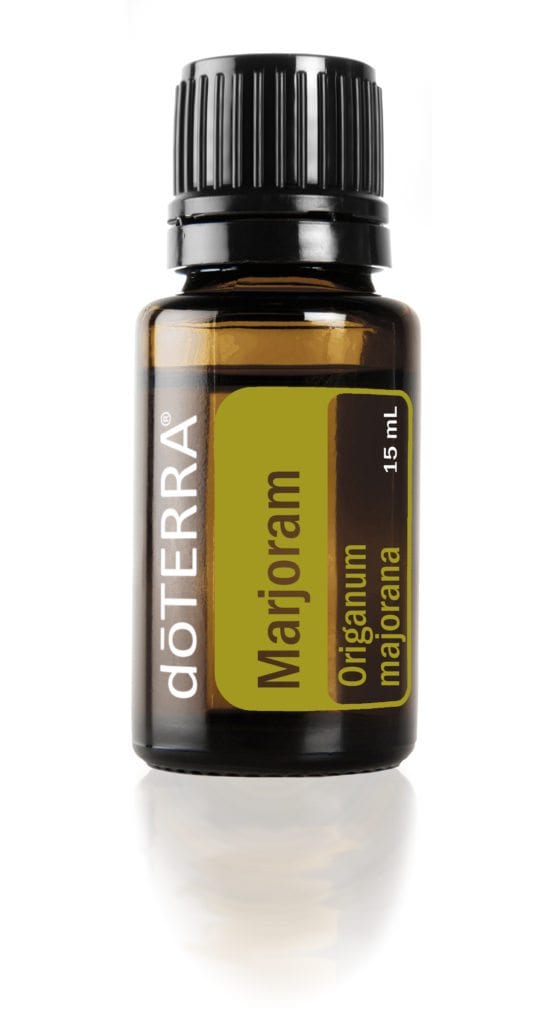 Marjoram Origanum majorana
Marjoram Origanum majorana
With its calming properties and positive effect on the human immune and nervous systems, Marjoram was once known as a symbol of joy and happiness in ancient cultures.*
Description
Also known as “wintersweet” or “joy of the mountains, ” Marjoram was known to the Greeks and Romans as a symbol of happiness. Marjoram has been used in culinary dishes, imparting a unique flavour to soups, stews, dressings, and sauces: in Germany, this herb is known as the “Goose Herb” for its traditional use in roasting geese. In modern applications, Marjoram is valued for its calming properties and its positive effect on the nervous system.* It also supports both healthy cardiovascular and immune systems.*
Uses
- Apply to the back of the neck to lessen feelings of stress.*
- Apply to a fussy child’s feet prior to a nap.
- Replace Marjoram essential oil in your next recipe that calls for dried Marjoram. Usually, 1 drop of essential oil is equivalent to 2 tsp. of dried herbs.
- Apply to muscles before and after exercising.
Directions for Use
Diffusion: Use three to four drops in the diffuser of your choice.
Internal use: Dilute one drop in 4 fl. oz. of liquid.
Topical use: Apply one to two drops to desired area. Dilute with doTERRA Fractionated Coconut Oil to minimise any skin sensitivity.
Possible skin sensitivity. Keep out of reach of children. If you are pregnant, nursing, or under a doctor’s care, consult your physician. Avoid contact with eyes, inner ears, and sensitive areas.
Statements with asterisks refer to internal use. All others refer to aromatic or topical use.
A = Can be used aromatically
T = Can be used topically
I = Can be used internally
N= Can be used with no dilution (Neat)
